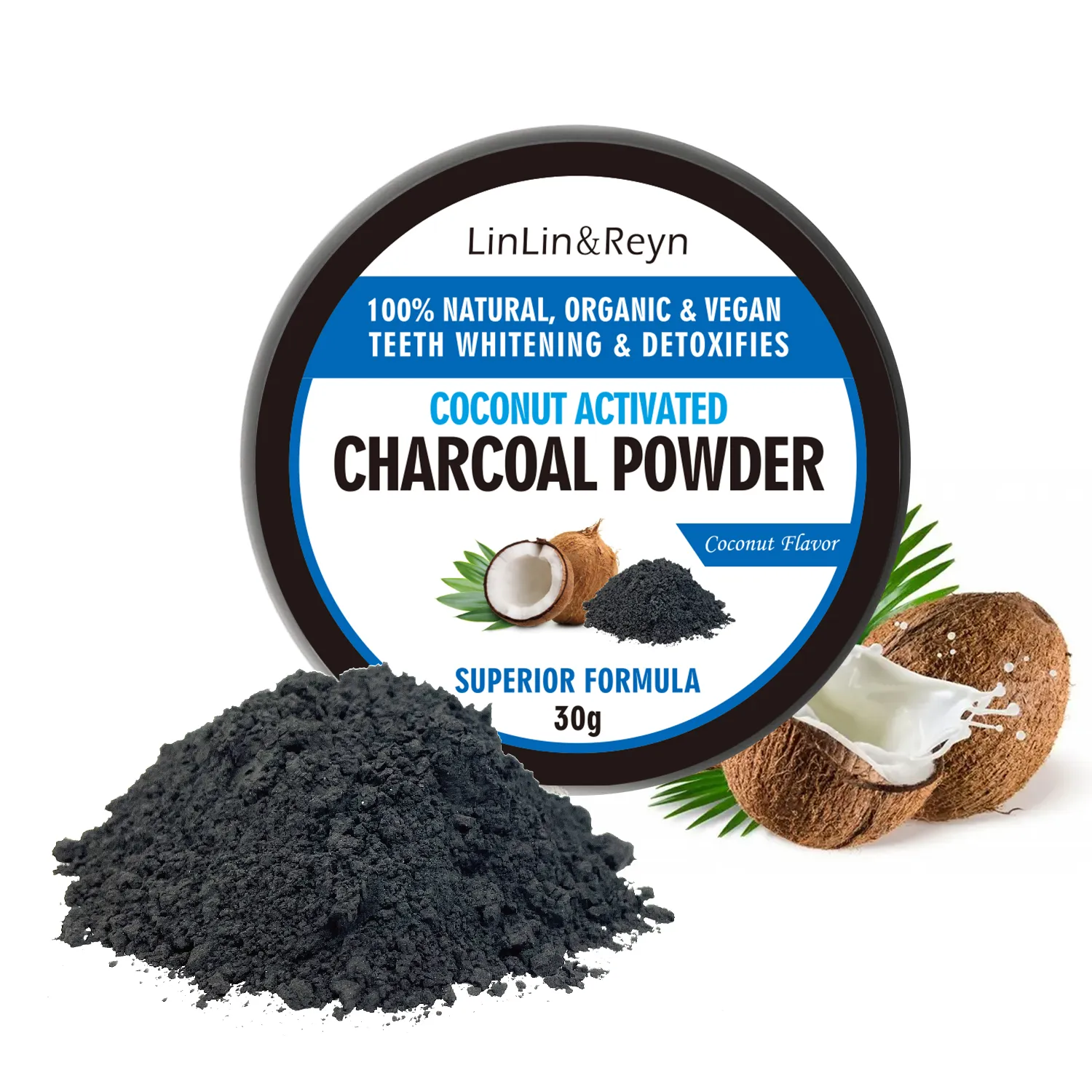What is Organic Charcoal Whitening
Organic charcoal whitening has surged in popularity as a natural method for achieving a brighter, healthier smile. Unlike traditional teeth whitening treatments, which often rely on harsh chemicals, organic charcoal offers a gentle and eco-friendly alternative. This method utilizes activated charcoal, a fine black powder derived from sources like coconut shells or bamboo. It works by adsorbing stains and impurities from the teeth, leaving them cleaner and whiter. Many people are turning to this method, attracted by its natural origins and the promise of a brighter smile without the use of aggressive chemicals. This guide explores the top 7 benefits of incorporating organic charcoal into your oral hygiene routine.
The Science Behind Charcoal Whitening
Activated charcoal is a porous substance with a high surface area, making it excellent at absorbing various substances. Its effectiveness in teeth whitening is attributed to its ability to remove surface stains and impurities. The porous nature of charcoal allows it to trap particles, such as tannins from coffee, tea, and wine, that cause discoloration. As you brush with charcoal, these trapped particles are gently lifted away from the teeth. This process doesn’t chemically alter the tooth enamel; instead, it provides a cleaning action that removes external stains. The key to charcoal’s effectiveness lies in its adsorption properties, which differ from absorption. Adsorption means that the stains stick to the surface of the charcoal, allowing them to be removed.
How Charcoal Works on Teeth
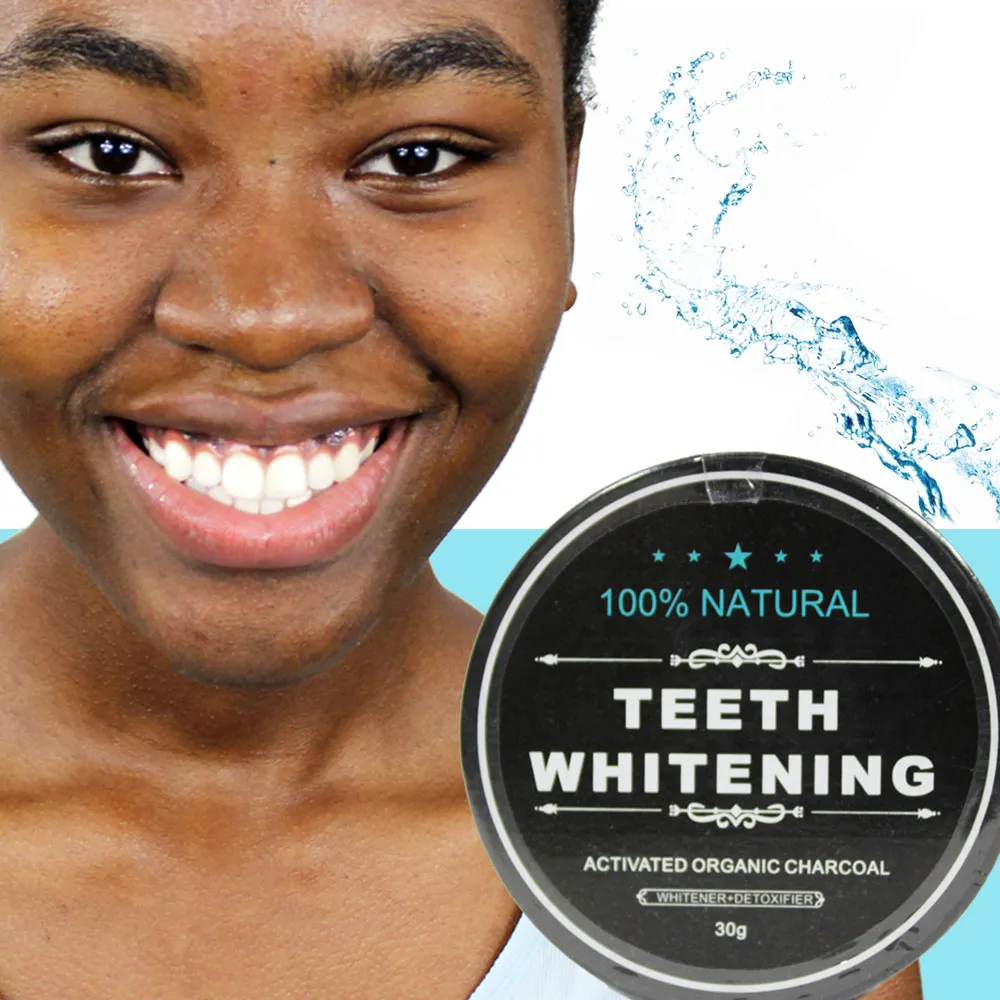
When you brush with organic charcoal, the fine particles create a mild abrasive action on the tooth surface. This gentle abrasion helps to dislodge stains and plaque buildup, leaving your teeth feeling smoother and looking brighter. The charcoal doesn’t penetrate the enamel to change the color of your teeth. Instead, it polishes the surface, removing the stains that have accumulated. The mechanical action of brushing with charcoal contributes significantly to the whitening effect. Unlike chemical whitening agents, which bleach the teeth, charcoal works through physical removal of stains, which can be a gentler approach for many people.
Benefit 1 Whitens Teeth Naturally
One of the most appealing aspects of organic charcoal whitening is its natural approach to improving your smile. Many people are actively seeking alternatives to chemical-laden products, and charcoal offers a safe, effective, and natural solution. Unlike conventional whitening treatments that often contain peroxides, charcoal is derived from natural sources, making it an attractive choice for those who prioritize natural ingredients. This natural approach minimizes the risk of sensitivity and other side effects associated with harsher chemicals. By using charcoal, you’re embracing a method that works with your body’s natural processes to promote a healthier, brighter smile.
How Charcoal Removes Surface Stains
Charcoal’s ability to remove surface stains is a primary reason for its popularity in teeth whitening. Stains from coffee, tea, wine, and other foods and drinks accumulate on the tooth’s surface, causing discoloration. The porous nature of activated charcoal allows it to bind to these stain molecules. During brushing, the charcoal particles gently lift these stains away, revealing a cleaner, whiter tooth surface. This process is effective because charcoal’s structure enables it to trap and remove these staining agents without altering the enamel. This straightforward method is a testament to the natural power of charcoal in combating daily staining and promoting a brighter smile.
Benefit 2 Detoxifies Your Mouth
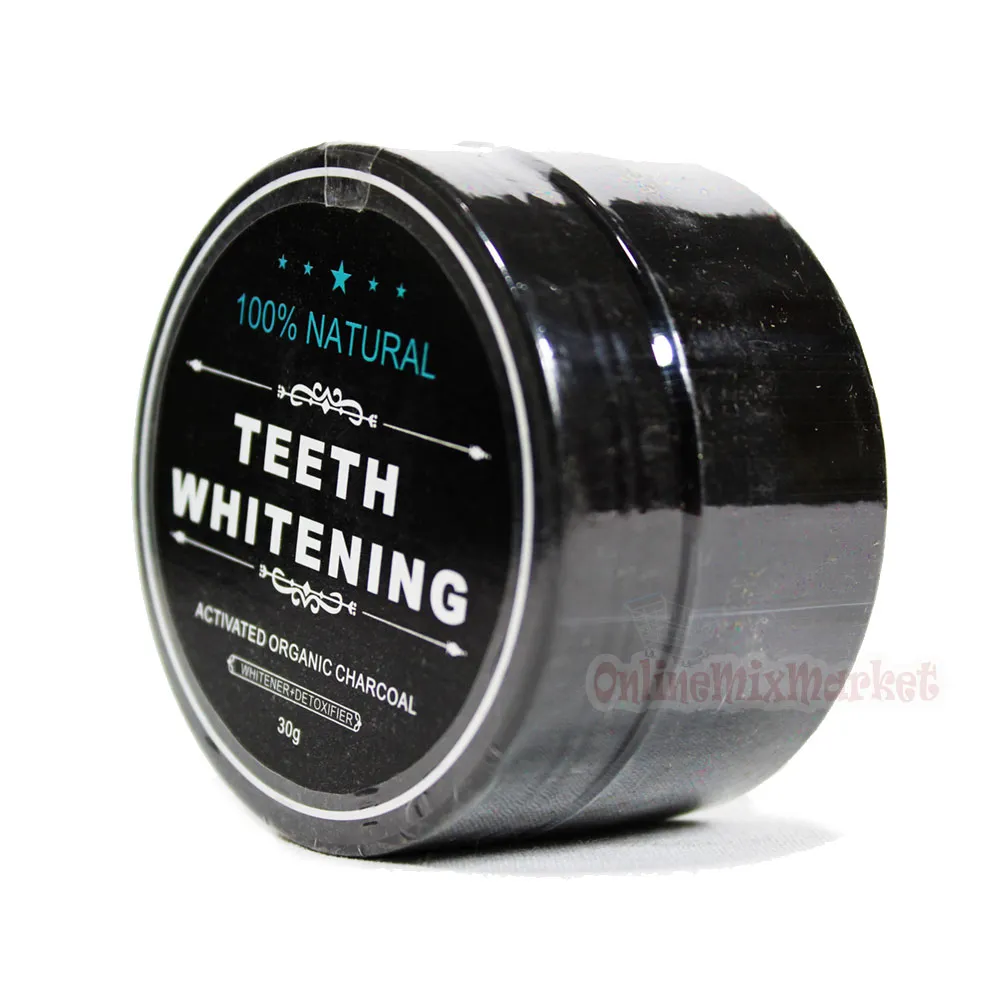
Organic charcoal acts as a detoxifier for your mouth, helping to remove impurities and toxins. It adsorbs bacteria, toxins, and other harmful substances that can accumulate in your mouth. This cleansing action contributes to overall oral health by reducing the presence of harmful organisms. By incorporating charcoal into your oral hygiene routine, you’re not only working towards a whiter smile, but also fostering a healthier oral environment. This detoxification effect can also contribute to fresher breath and a reduced risk of various oral health issues. It’s a holistic approach to oral care that goes beyond just whitening.
Charcoal’s Antibacterial Properties
Charcoal possesses natural antibacterial properties that aid in reducing the bacterial load in your mouth. It helps to neutralize harmful bacteria that cause bad breath, plaque buildup, and other oral health issues. By eliminating these bacteria, charcoal supports a healthier oral environment, which can lead to fresher breath, reduced gum inflammation, and a lower risk of dental problems. This antibacterial action complements its stain-removing properties, making organic charcoal a comprehensive solution for oral hygiene. The antibacterial effects of charcoal contribute significantly to the overall benefits of using this natural product.
Benefit 3 Freshens Breath
One of the immediate benefits of using organic charcoal is fresher breath. Charcoal’s ability to absorb and remove bacteria, food particles, and other odor-causing substances helps eliminate bad breath. Many people find that using charcoal leaves their mouth feeling cleaner and their breath fresher throughout the day. This effect is a welcome result of the charcoal’s cleansing action. Regularly using charcoal can contribute to lasting breath freshness, boosting confidence, and improving overall oral hygiene.
How Charcoal Eliminates Odor-Causing Bacteria
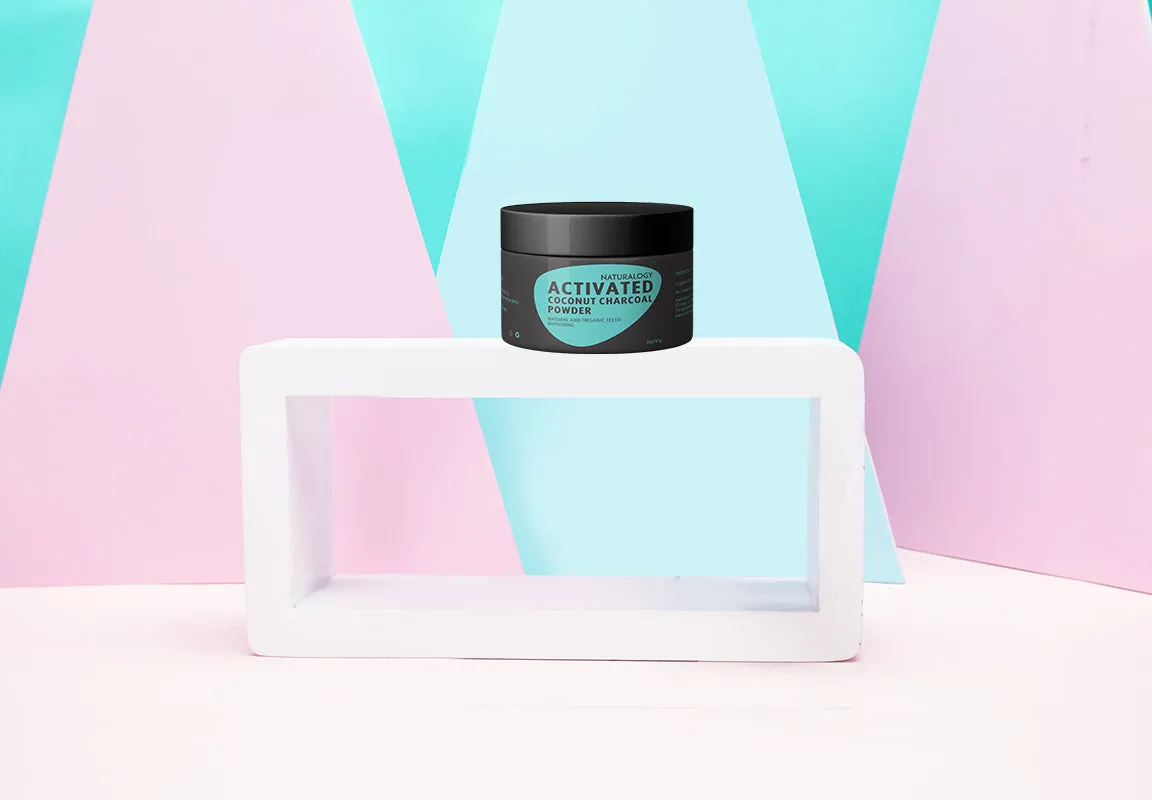
Bad breath is often caused by bacteria that produce volatile sulfur compounds in the mouth. Charcoal’s absorbent properties help to trap and remove these bacteria and the compounds they produce. By eliminating these odor-causing agents, charcoal effectively combats bad breath, leaving your mouth feeling clean and your breath smelling fresh. The charcoal’s action provides a simple yet effective way to maintain oral hygiene and combat bad breath daily. This benefit contributes significantly to the overall appeal of organic charcoal for dental care.
Benefit 4 Improves Oral Health
Beyond whitening, organic charcoal can contribute to overall oral health. By removing bacteria and impurities, it helps to reduce plaque buildup and gum inflammation. This promotes a healthier environment in your mouth, potentially lowering the risk of gingivitis and other periodontal diseases. Consistent use of charcoal as part of your daily oral hygiene routine can lead to stronger gums and a reduction in sensitivity. The focus on removing harmful substances and supporting a balanced oral environment showcases the broad benefits of charcoal in promoting overall oral health.
Charcoal’s Effect on Plaque and Gingivitis
Charcoal’s abrasive action helps in removing plaque, a sticky film of bacteria that forms on teeth. Regular brushing with charcoal can effectively disrupt and remove plaque, reducing the risk of cavities and gum disease. Furthermore, charcoal’s antibacterial properties can help in reducing inflammation, which is a key factor in the development of gingivitis. By managing plaque buildup and reducing inflammation, charcoal supports healthier gums and reduces the risk of serious periodontal issues. This proactive approach to oral health makes charcoal a beneficial addition to your oral care regimen.
Benefit 5 Gentle on Enamel
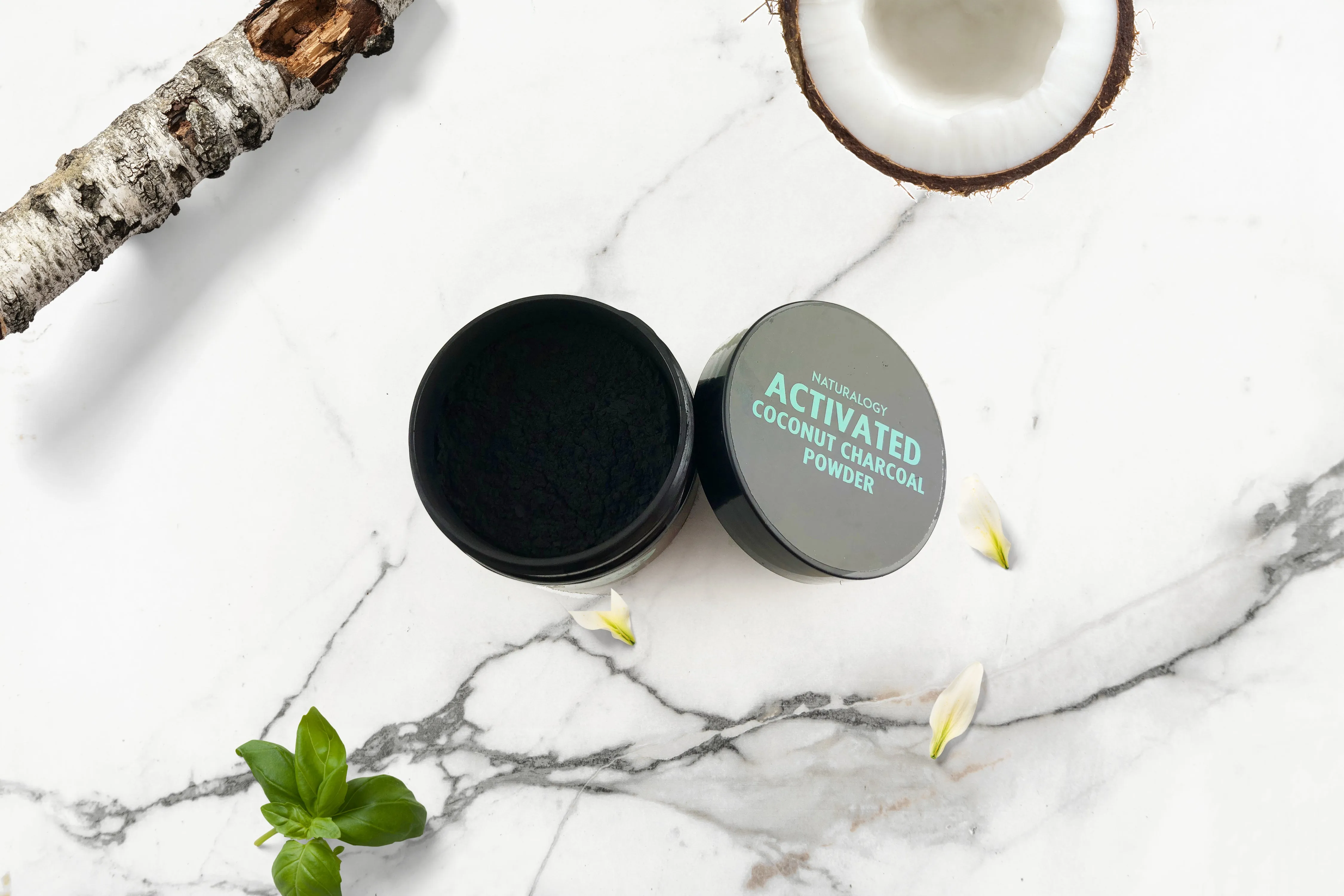
Organic charcoal is often considered gentler on tooth enamel compared to some harsh chemical whitening treatments. The fine particles of activated charcoal gently polish the tooth surface, removing stains without significantly eroding the enamel. Unlike products that contain strong bleaching agents, charcoal relies on physical removal of stains. When used correctly, charcoal poses a low risk of enamel damage. It is crucial to brush gently and not apply excessive pressure, as this can still lead to abrasion. For those concerned about enamel integrity, charcoal provides a natural and potentially safer alternative for whitening.
Charcoal vs Harsh Whitening Treatments
Harsh whitening treatments, such as those containing high concentrations of hydrogen peroxide, can sometimes lead to enamel erosion and increased tooth sensitivity. While these treatments may offer rapid whitening results, they also carry a higher risk of side effects. Organic charcoal, on the other hand, offers a more gradual approach to whitening. By removing surface stains without chemically altering the enamel, charcoal can be a less aggressive alternative. People with sensitive teeth or those seeking a more natural option may find charcoal to be a preferable choice, minimizing the risk of adverse effects while still promoting a brighter smile.
Benefit 6 Cost-Effective Solution
Compared to professional teeth whitening procedures and some over-the-counter whitening products, organic charcoal is often a more cost-effective solution. A single container of activated charcoal powder or charcoal-infused toothpaste can last for several months, providing a long-term whitening solution at a fraction of the cost. This affordability makes organic charcoal an accessible option for those seeking to improve the appearance of their teeth without breaking the bank. The economic advantage of using charcoal is a significant factor for many people, making it an appealing and budget-friendly choice for oral care.
Comparing Charcoal Whitening Costs
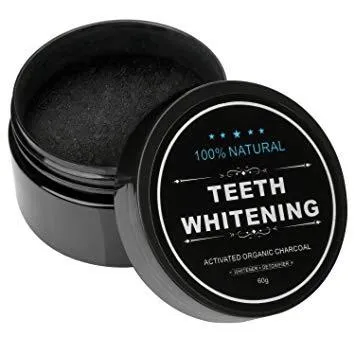
The cost of organic charcoal whitening is generally lower than that of professional whitening treatments performed by dentists. Professional procedures, such as in-office bleaching or custom-fitted whitening trays, can be significantly more expensive. Over-the-counter whitening strips and gels also tend to be pricier, especially when used consistently. The cost savings associated with organic charcoal makes it an excellent option for budget-conscious individuals seeking an effective way to enhance their smile. The relatively low cost, coupled with the many other benefits, makes organic charcoal a compelling option for those wanting a whiter smile.
Benefit 7 Eco-Friendly Alternative
Organic charcoal is a more sustainable option for teeth whitening. Derived from natural sources, such as coconut shells or bamboo, it presents a more environmentally friendly alternative to chemical-based products. Many charcoal products come in minimal packaging, reducing waste and minimizing the impact on the planet. By choosing organic charcoal, you are making a conscious decision to support products that are better for the environment and for your health. This eco-conscious approach appeals to those seeking sustainable and ethical choices in their daily routines.
Sustainability of Charcoal Products
The sustainability of charcoal products depends on the source and processing methods used. Look for products made from sustainably sourced coconut shells or bamboo, as these renewable resources minimize the environmental footprint. Additionally, consider products with minimal packaging to reduce waste. By choosing brands that prioritize sustainability, you can contribute to a more eco-friendly approach to oral care. Supporting these brands will help promote the use of environmentally responsible practices in the industry and contribute to overall sustainability.
Considerations and Potential Drawbacks
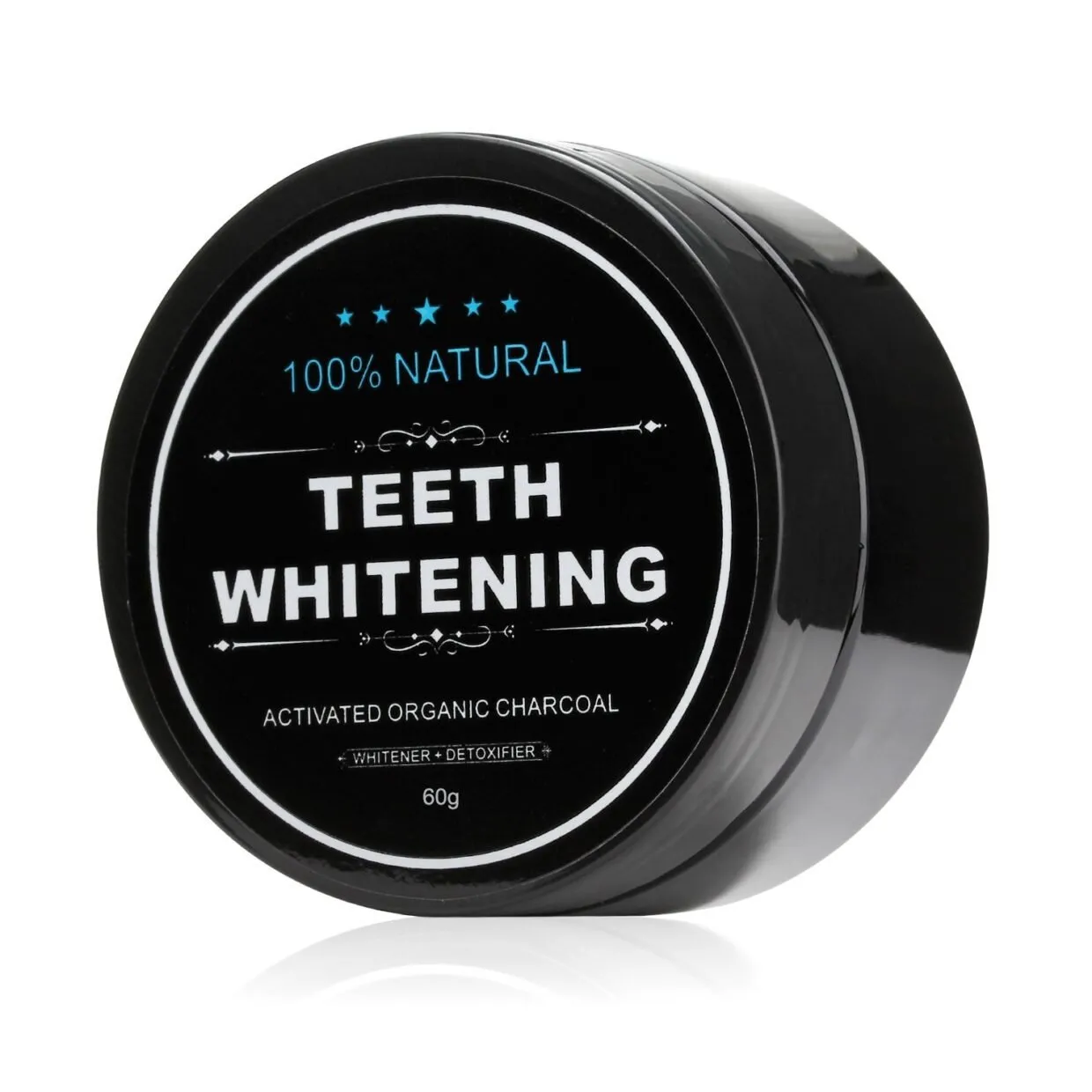
While organic charcoal offers numerous benefits, there are also considerations to keep in mind. It is essential to use charcoal correctly to avoid potential issues. Some people might experience temporary tooth sensitivity, and excessive brushing can lead to enamel abrasion. It’s also important to note that charcoal may not be as effective for certain types of stains, such as those caused by intrinsic factors. Understanding these potential drawbacks is crucial for making an informed decision about whether charcoal whitening is right for you. Consulting with a dentist can help you assess the suitability of charcoal for your specific oral health needs.
Safety Precautions
To ensure safe and effective use of organic charcoal, it is essential to follow specific precautions. Brush gently to avoid excessive abrasion of the enamel. Avoid using charcoal too frequently; a few times a week is generally sufficient. After brushing with charcoal, rinse your mouth thoroughly to remove any residue. Choose charcoal products from reputable brands that undergo quality testing. People with pre-existing dental issues, such as enamel erosion or gum recession, should consult their dentist before using charcoal. Always prioritize gentle brushing techniques and monitor your teeth for any signs of sensitivity or damage.
Consulting a Dentist
It is always advisable to consult a dentist before starting any new oral hygiene regimen, including organic charcoal whitening. A dentist can assess your oral health, identify any underlying issues, and provide personalized advice. They can also offer guidance on the appropriate use of charcoal and monitor your progress to ensure that it is safe and effective for you. They can offer advice on frequency and technique to help you avoid potential enamel damage and maximize results. Consulting a dentist is the best way to make sure that your oral care routine is both effective and safe.
In conclusion, organic charcoal whitening offers a compelling combination of benefits, including natural teeth whitening, detoxification, fresher breath, and improved oral health. It is a cost-effective, eco-friendly solution that appeals to those seeking a more natural approach to oral care. While there are considerations to keep in mind, such as potential sensitivity and the need for proper brushing technique, the advantages of organic charcoal make it a worthwhile option for many. Always consult with your dentist to determine whether charcoal whitening is suitable for your individual needs, and embrace the natural power of charcoal to achieve a brighter, healthier smile.
